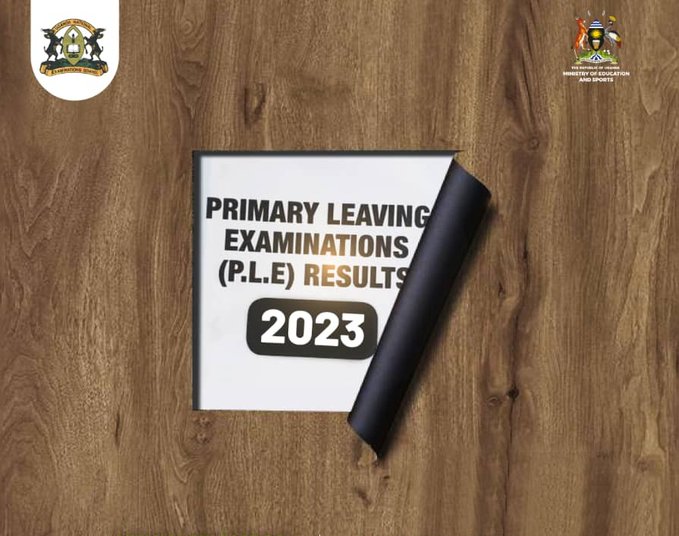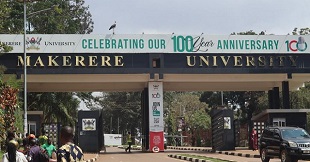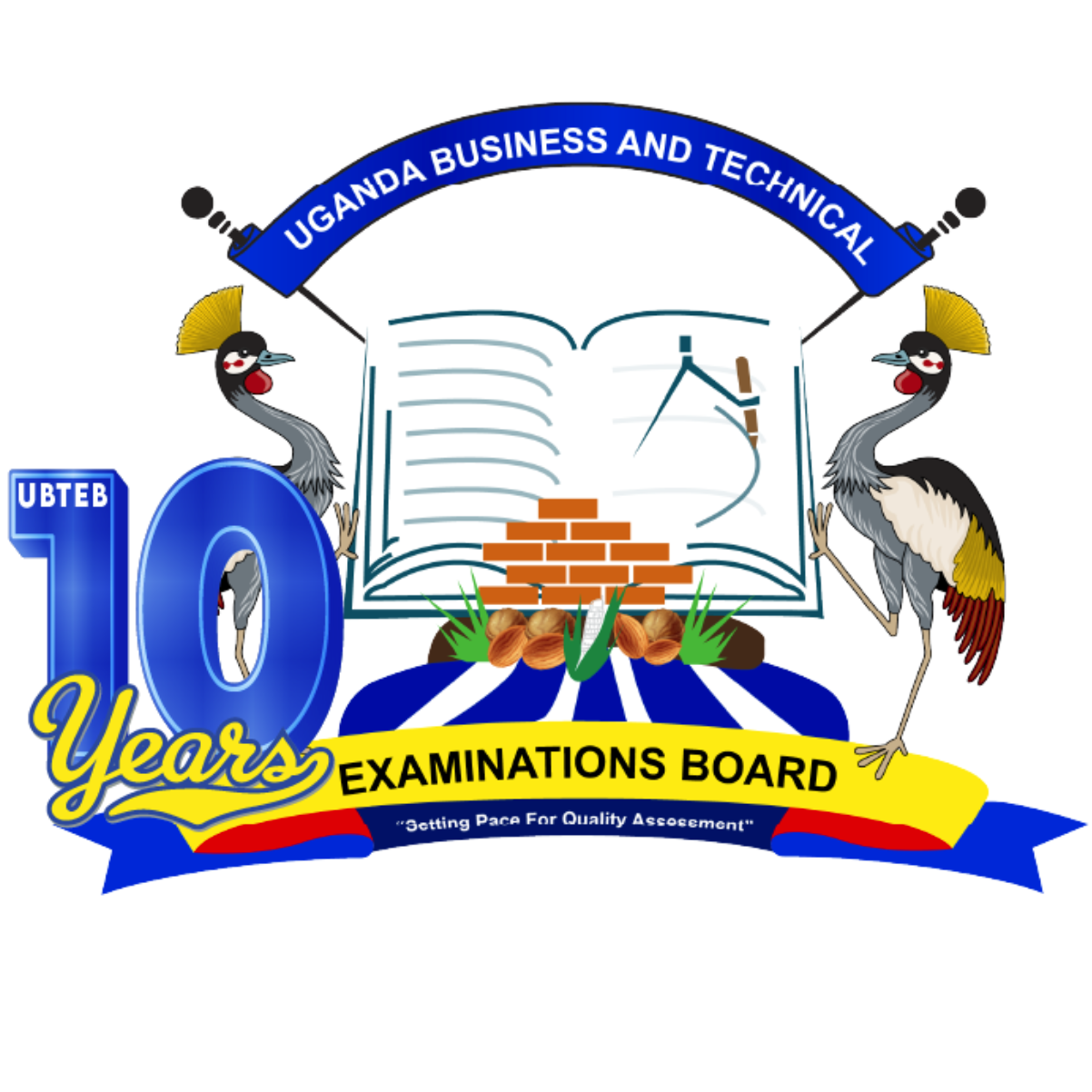Challenges Mount for National Examination Board as Funding Shifts Create Uncertainty
The Uganda National Examinations Board (UNEB) finds itself in a funding crisis following recent adjustments to the 2024 appropriation bill, impacting crucial activities related to national examinations across the country.
During the budget deliberations, the Parliamentary Education Committee identified substantial unfunded priorities within UNEB’s budget. As a remedy, the committee proposed reallocating funds from various budget allocations to address these critical needs, part of a broader reallocation totaling 750 billion shillings aimed at addressing priority areas highlighted by MPs.
However, President Museveni intervened by returning the appropriation bill for reconsideration, opposing the reallocation of funds initially earmarked for other purposes.
Impact on UNEB Operations
Initially, UNEB was allocated 6.5 billion shillings to support O’ level transitional examinations and an additional 6.5 billion shillings for assessments under the new lower secondary curriculum. These funds were crucial for conducting examinations and ensuring the smooth transition between curricula.
Currently, UNEB is in the process of registering candidates under both curricula, with 377,932 candidates already registered. However, with the recent budget reconsideration, the board faces operational challenges as the funds allocated to them have been reverted to their original budget votes, leaving uncertainty regarding future financial support.
In addition to examination assessments, Parliament allocated an extra 8.5 billion shillings for examiner accommodation, payments, and meals during the marking process, reflecting the comprehensive support required for conducting national examinations.
Broader Impact and Legislative Response
The budget shifts not only affected UNEB but also impacted other examination bodies such as the Uganda Business and Technical Examinations Board (UBTEB), Uganda Allied Health Examination Board (UAHEB), and the Uganda Nurses and Midwives Examination Board (UNMEB). Funds initially allocated for primary and secondary school grants and the construction of seed schools were also reverted to their original votes.
Following heated debates, Parliament revisited the bill, reinstating funds to their initial allocations. However, the uncertainty surrounding the funding for national examinations amidst ongoing processes has caused widespread concern among schools, parents, and stakeholders.
Stakeholders, including parents and educational authorities, have expressed anxiety over the management of the examination process amidst funding uncertainties. Dr. John Chrysostom Muyingo, the state minister for higher education, acknowledged the urgency of the matter and assured that the Ministry of Education would prioritize finding a resolution.
UNEB spokesperson Jennifer Kalule highlighted the board’s concerns, noting that the funding reallocation has significantly impacted their operational planning for upcoming examinations. UNEB’s management is actively discussing strategies to navigate these challenges and ensure minimal disruption to examination schedules.
Opposition MPs, led by figures like Shadow Finance Minister Ibrahim Ssemujju Nganda, have criticized the government for budgetary decisions that prioritize non-essential items over critical educational needs.




















